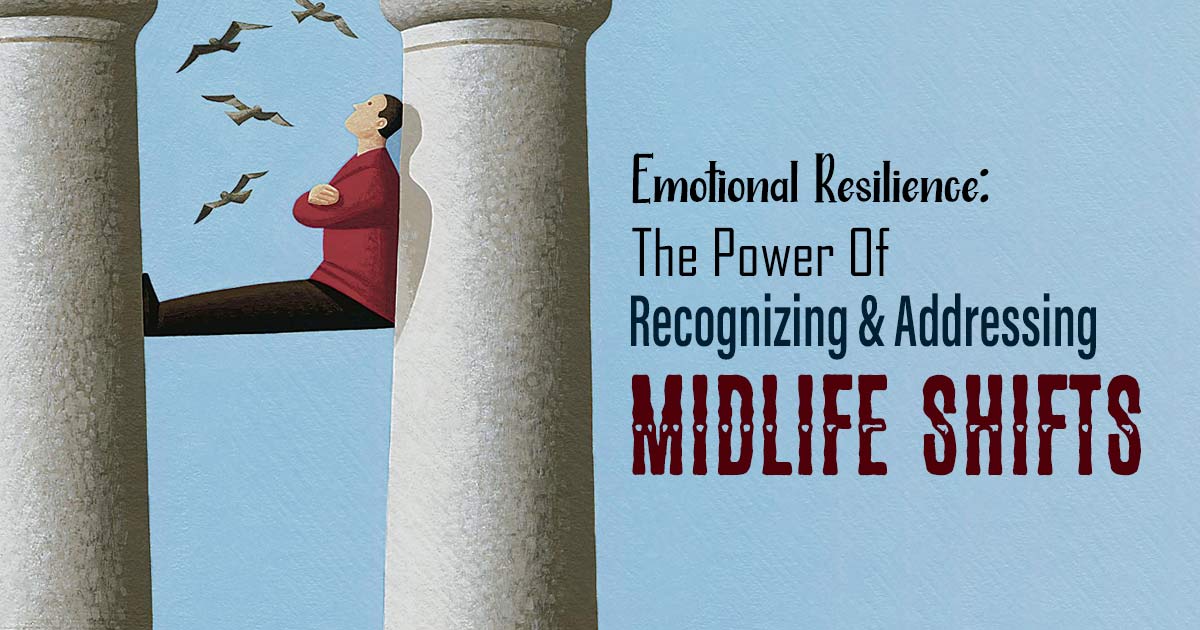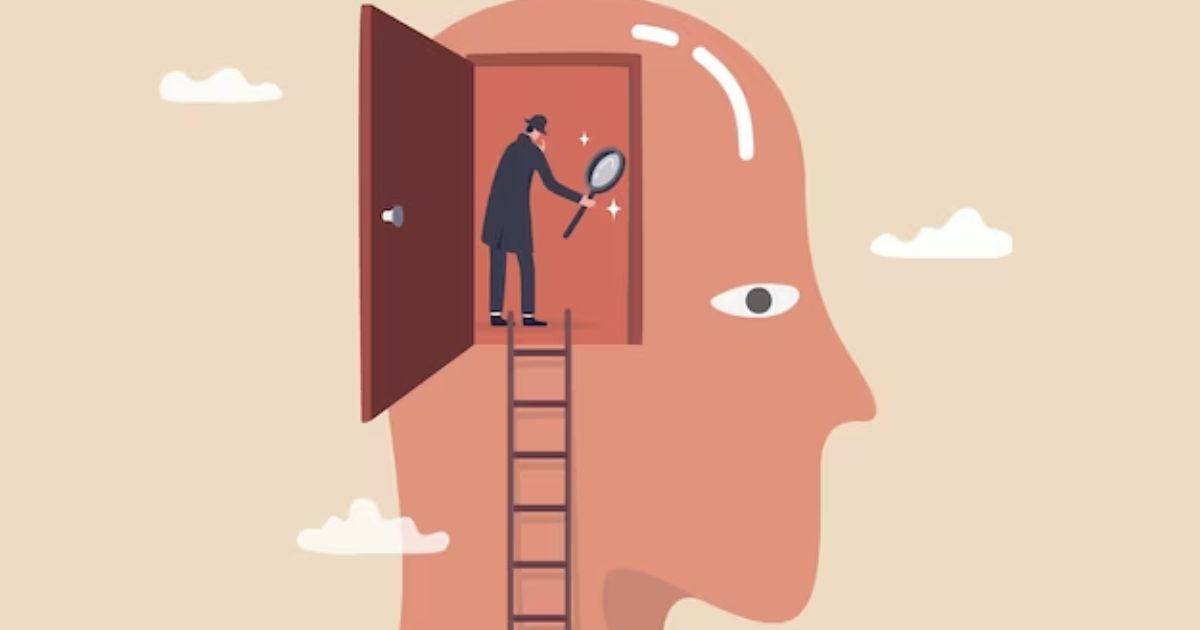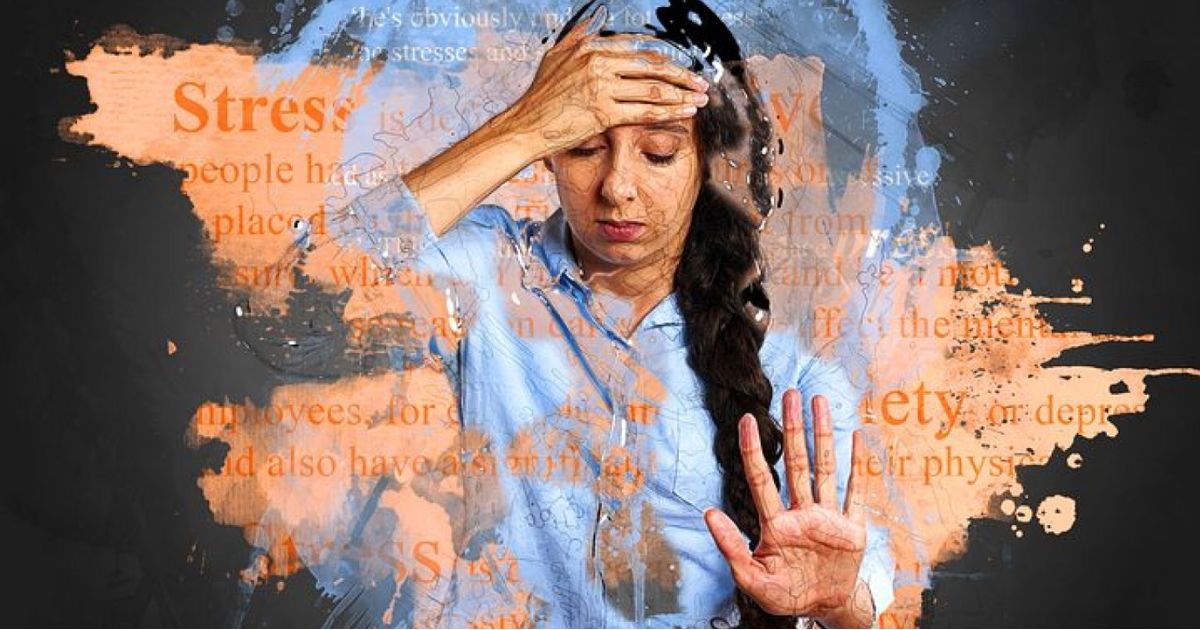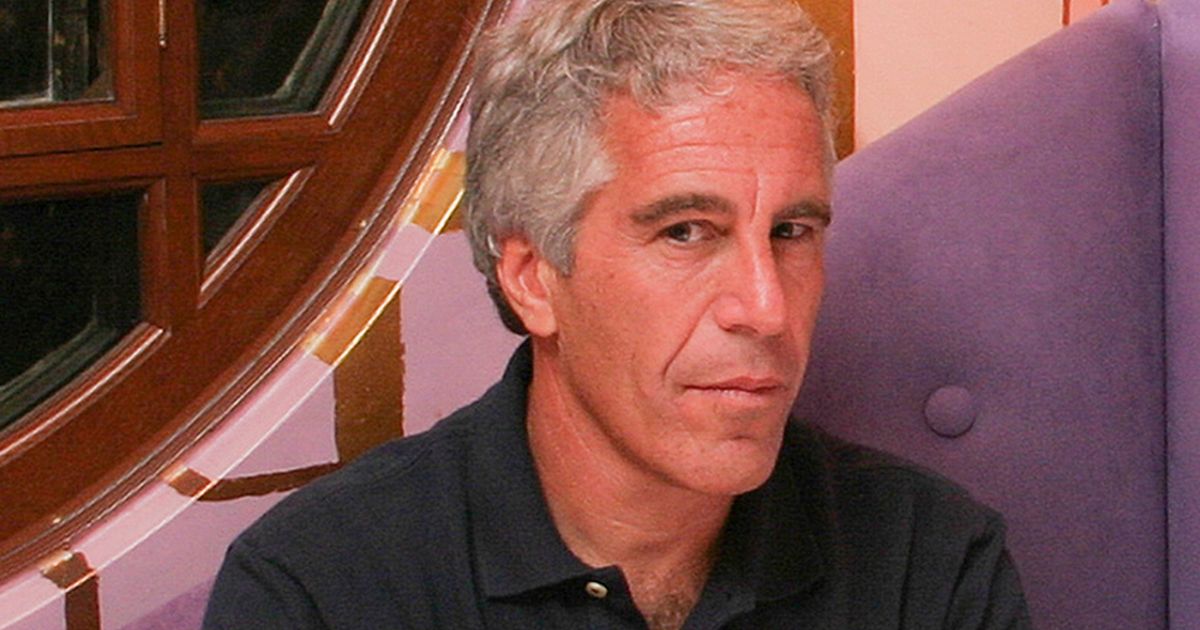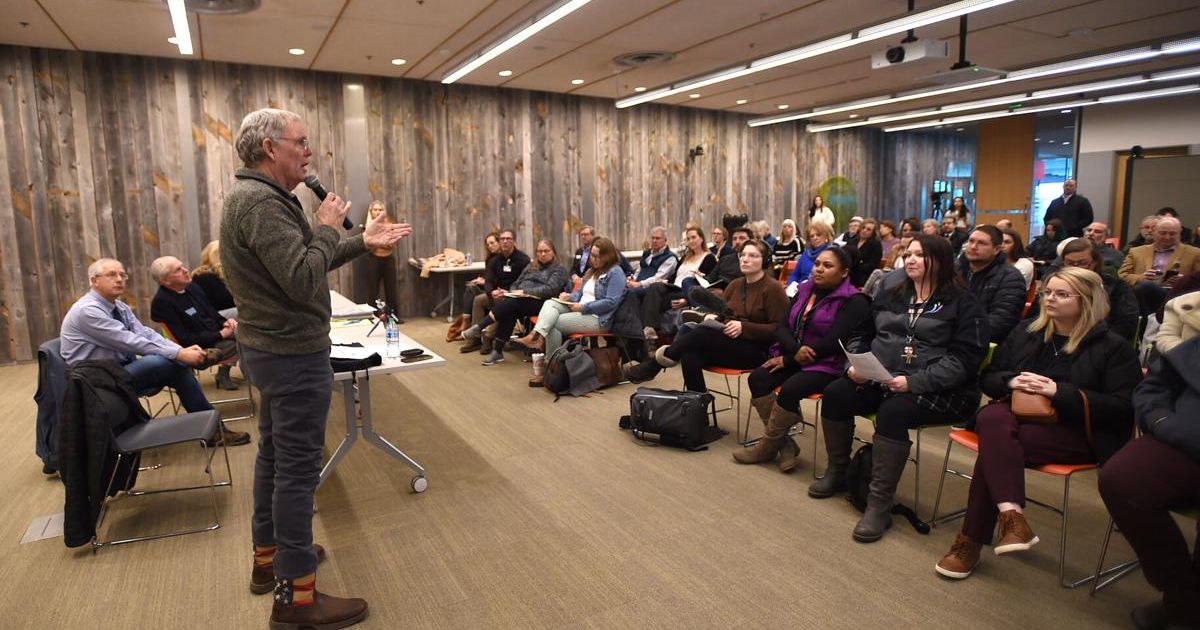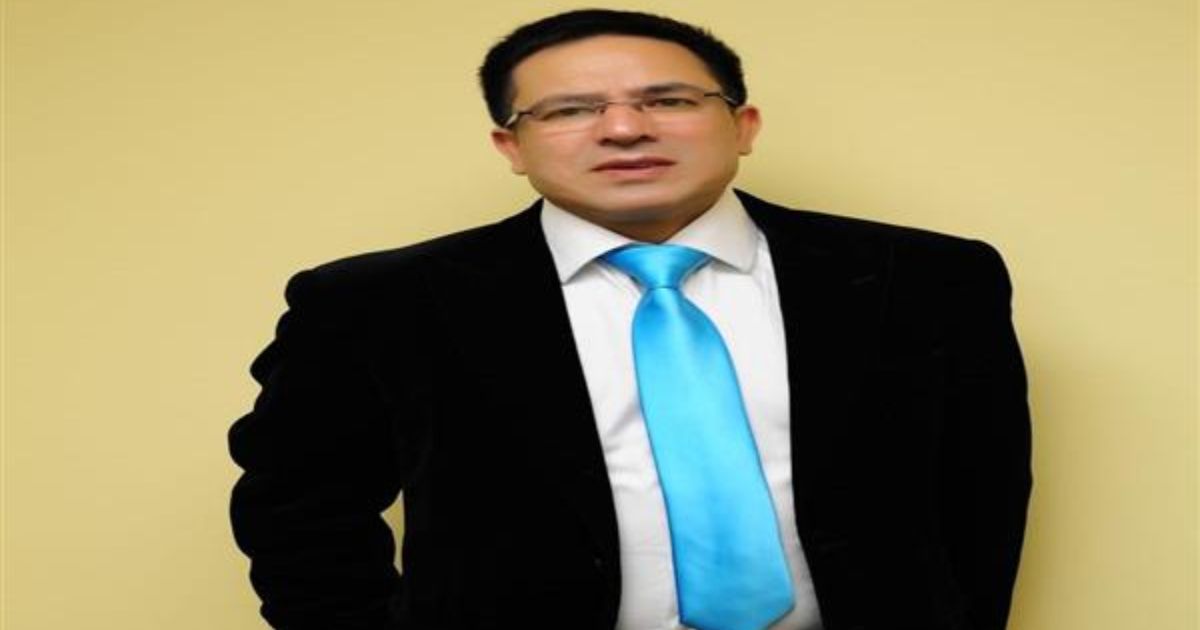In commemoration of World Trauma Day on October 17, we delve into the profound effects of unresolved trauma on individuals and their relationships. Traumatic experiences, ranging from natural disasters to personal incidents, can significantly impact one’s well-being and life trajectory.
When these traumas are not properly processed or healed, they can infiltrate various aspects of one’s life, including romantic relationships, giving rise to emotional distance and communication challenges.
The Burden of Unresolved Trauma
Unresolved trauma is a heavy burden that many individuals carry. It occurs when traumatic events remain unprocessed or unhealed, haunting the affected person like a shadow.
According to experts, one of the most common causes of unresolved trauma is the attempt to repress or ignore painful incidents, pushing them into an internal “black box” that only seems to grow with time. This process can happen consciously or unconsciously, and its effects on relationships can be profound.
Unresolved trauma doesn’t dissipate on its own; instead, it continues to fester beneath the surface. These unresolved emotions can lead to a range of psychological and emotional challenges, which often manifest in relationships. Here are some ways in which unresolved trauma can affect the dynamics of a relationship:
Emotional Distance: When one or both partners harbor unresolved trauma, emotional distance can develop. The affected individuals may struggle to connect on an emotional level, making it challenging to build intimacy and trust in the relationship.
Communication Issues: Trauma can disrupt one’s ability to communicate effectively. Survivors may find it difficult to express their feelings, needs, or concerns, which can lead to misunderstandings and conflicts within the relationship.
Trust Issues: Trust is a fundamental pillar of any healthy relationship. Unresolved trauma can erode trust, as individuals may carry a deep-seated fear of vulnerability and getting hurt again.
Intimacy Challenges: Trauma can impact one’s ability to be intimate, both emotionally and physically. It can lead to difficulties in opening up and sharing the vulnerabilities required for a deep, meaningful connection.
Emotional Triggers: Unresolved trauma often results in emotional triggers that can be set off by seemingly innocuous events or conversations. These triggers can cause intense emotional reactions, further straining the relationship.
Repressed trauma remains dormant until it resurfaces, often at the most unexpected times. It can take a toll on an individual’s mental and physical health. The internalization of trauma can lead to anxiety, depression, and a host of other psychological issues that impact not only the survivor but also their partner.
Moreover, untreated trauma can have a ripple effect, affecting other aspects of life such as work, friendships, and overall life satisfaction. It can be a silent and corrosive force that gradually undermines well-being.
Recognizing the impact of unresolved trauma on relationships is the first step toward healing and recovery. On World Trauma Day, experts emphasize the importance of seeking professional help.
Therapy and counseling can provide a safe and supportive environment for individuals to address their traumas, learn coping mechanisms, and work toward resolution.
Understanding the effects of unresolved trauma is crucial for partners in a relationship. By fostering empathy and offering support, couples can navigate the challenges together. This involves being patient, nonjudgmental, and willing to encourage and participate in the healing process.
One of the key messages on World Trauma Day is breaking the silence around trauma. By openly discussing traumatic experiences, individuals can reduce the stigma associated with seeking help and promote a culture of empathy and understanding.
Unresolved trauma can cast a long shadow over one’s life, infiltrating the most intimate aspects of relationships. As we mark World Trauma Day, it is essential to acknowledge the profound impact of trauma on individuals and their loved ones.
Seeking professional help and fostering a supportive, empathetic environment is crucial in the journey towards healing and recovery. By breaking the silence around trauma, we can begin to unravel its grip on those it affects and work towards a future of resilience and strength.










